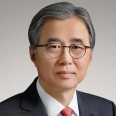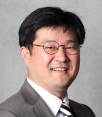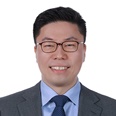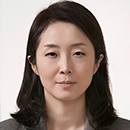“What Will 2014 Bring for North Korea’s Nuclear Program?”
The Asan Institute for Policy Studies & The Carnegie Endowment for International Peace
January 24, 2014 / Washington, DC
1:30 PM – 4:30 PM EST
To register, click here.
2013 witnessed new levels of threatening behavior from North Korea: a satellite launch that could portend an improved long-range ballistic missile capability; a third nuclear test; and declarations that the Korean peninsula would witness “an all-out war, a nuclear war.” Recent perturbations among the North Korean leadership also raise the possibility of greater instability and unpredictability. What will 2014 bring in terms of North Korean nuclear behavior?
The Asan Institute for Policy Studies and the Carnegie Endowment for International Peace will host a discussion on what to expect from North Korea on nuclear matters in 2014. Five experts will discuss the status of North Korea’s nuclear activities, what negotiating tactics North Korea might attempt, and whether there are lessons to be drawn in managing North Korea’s nuclear ambitions from the Iranian and South Asian experiences.
Presenters will include:
James L. Schoff, Senior Associate, Asia Program, Carnegie Endowment for International Peace
Toby Dalton, Deputy Director, Nuclear Policy Program, Carnegie Endowment for International Peace
Go Myong-Hyun, Director, Center for Risk, Information, and Social Policy, The Asan Institute for Policy Studies
Choi Kang, Vice President, The Asan Institute for Policy Studies
Park Jiyoung, Director, Science and Technology Policy Program, The Asan Institute for Policy Studies
Shin Chang-Hoon, Director, Nuclear Technology Policy Program, The Asan Institute for Policy Studies

 Facebook
Facebook Twitter
Twitter


